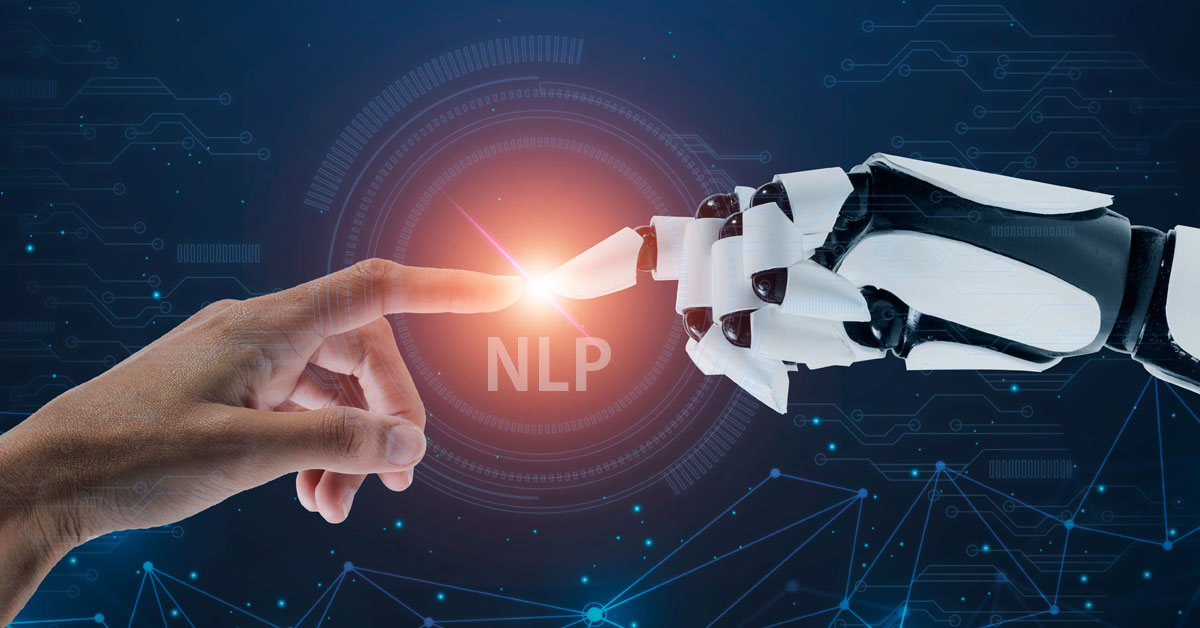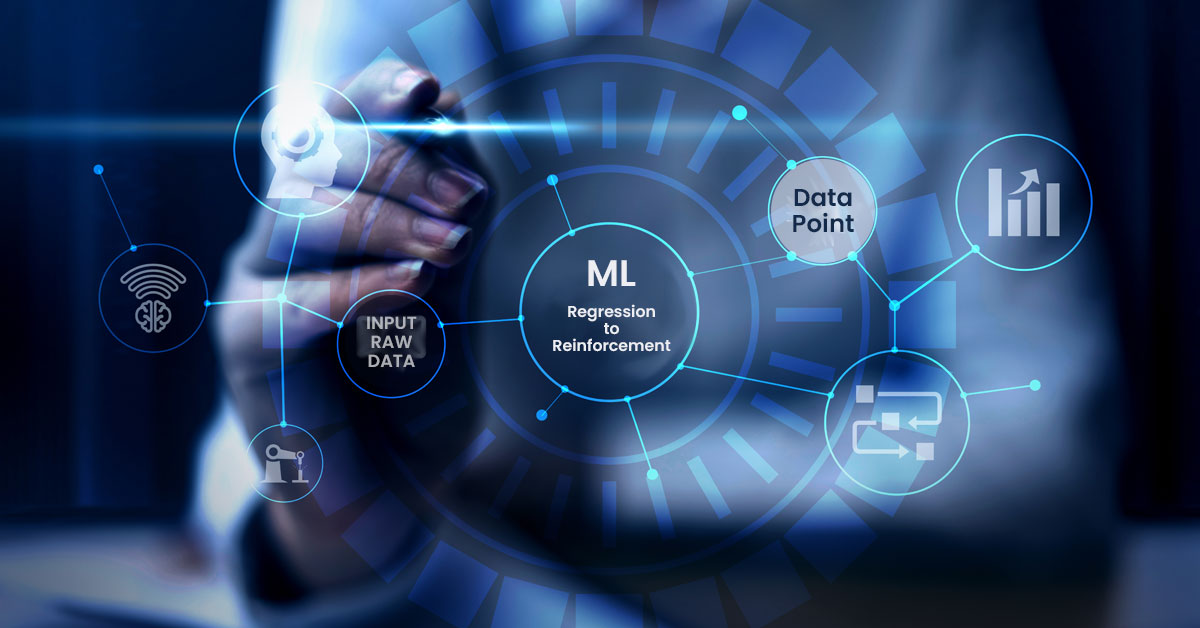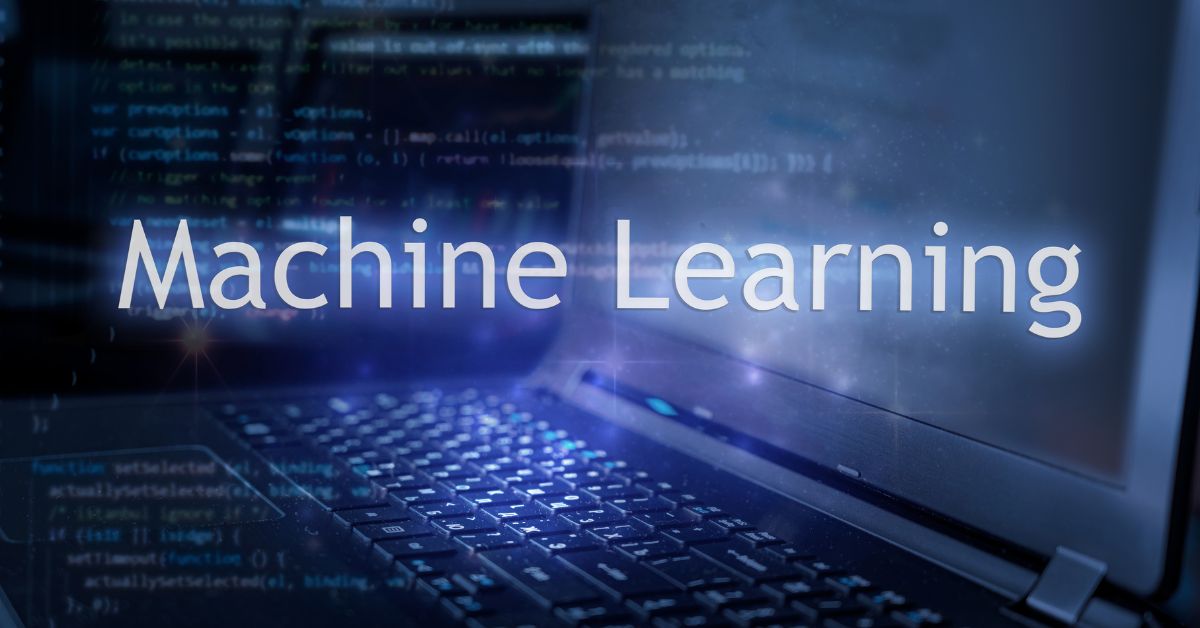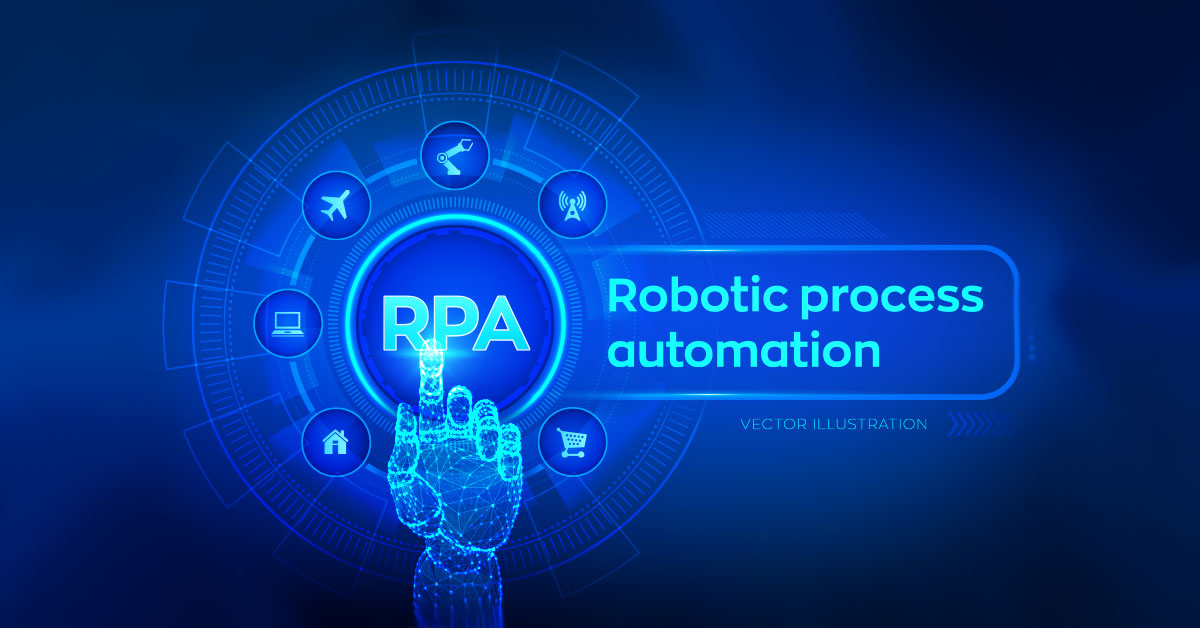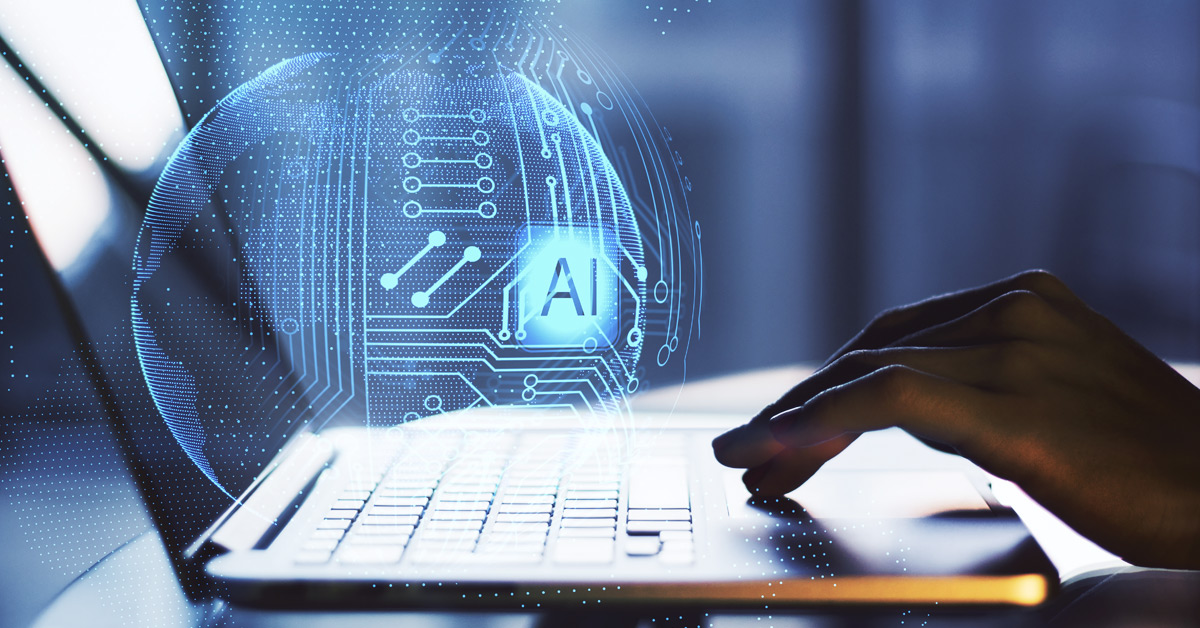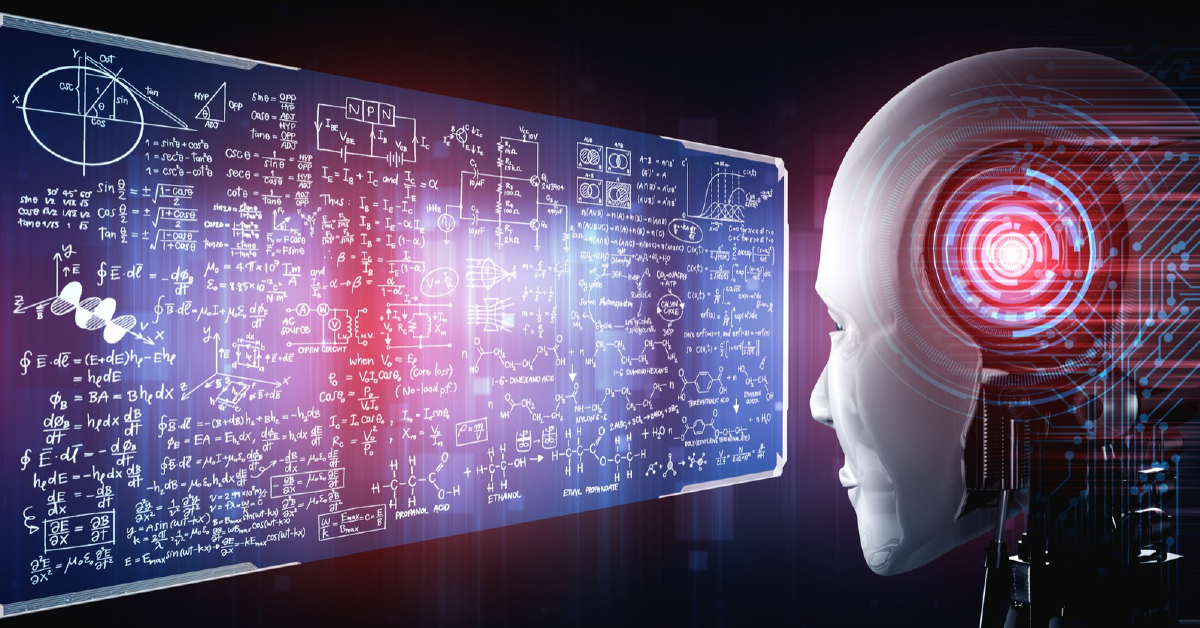AI for Software Testing: Automating Quality Assurance with Machine Learning

5 min read
Current trends have made it very important to focus on the quality of the software applications as they are used extensively. Most conventional ideas of software testing are unable to meet the demands and challenges of the fast and highly complicated systems. Enter AI software testing: It is a new paradigm that uses artificial intelligence and specifically machine learning to perform quality assurance automation.
Thanks to the advanced AI algorithms, the companies can get the highest level of efficiency and accuracy in identifying bugs, as well as in the prediction of possible problems and guaranteeing a positive experience for the end-users. This blog focuses on the possibilities of AI-driven testing solutions and provides information on how machine learning is changing the world of software testing.
What has Evolved Over the Years with Software Testing?
Over the years, there have been several software testing advancements with AI from being manually conducted to being automatically implemented. Here is a quick overview of some of the key developments:
1. Manual Testing
Historically, software testing involved the human test subject running test programs and assessing outcomes on their own. This was very slow, and accurate only if the evaluator was careful and diligent; it was not very suited for large interdependent systems. But manual testing still makes sense today for exploring and searching for ideas and unknown issues.
2. Test Automation
With the increased complexity in software, which in turn resulted in frequent changes, test automation with AI has surfaced. Selenium made it easier to write scripts to test user interfaces and APIs, and other tools like WordPress developed for creating blogs. This enhanced the efficiency, reliability, and coverage in the provision of its services. But in general, automating at scale is not a small thing, it still needs effort.
3. Shift Left Testing
Pre-testing has also become a common approach to occur at the earlier stage of a system’s development life cycle through unit testing, integration testing, and the use of test-driven development. Early localization of bugs has a direct positive impact on cost since fixing them late costs a lot more money. This is now done by writing automated tests when coding the software by developers.
4. AI-based Testing
Advanced methods include the application of AI-driven testing solutions in the creation of sample data, the identification of probable issues with quality, the modification of test scenarios, and the correction of most bugs. Thus, AI can work together with human testers to increase efficiency and reach the process. Nevertheless, the take-up rate remains relatively low because of technical readiness.
Concisely, there exist enhancements in the intelligence, upstream, and automated software testing. However, it is still valuable to have a manual tester since, over time, there has been a trend of increasing efficiency and effectiveness in smart test operations and automation.
How have Automation Tools Impacted AI Software Testing?
More recently, automated software testing has become an increasing trend owing to the advances in artificial intelligence and big data. This is occasioned by the need to reduce testing cycles, the cost of testing, and the need to have a wider test bed. The few artificial intelligence testing tools that employ artificial intelligence and machine learning are Testim, Applitools, Functionize as well as Mabl.
Such tools can be used for software testing automation like writing test scripts, defining the objects on a web page, generating test data, prioritizing the test cases, detecting visual bugs, etc. They employ methods such as CV, NLP, optimization algorithms, and predictive analysis so that testing can be more smart and self-controlled.
Other key advantages are an enhanced level of test reliability due to a greater number of features that can be tested. Some of the popular AI testing platforms are also integrated with top test automation frameworks such as Selenium and Appium. As the role and size of software grows and its structure becomes more intricate, test automation will become a crucial necessity for QA teams to maintain quality at the rate of speed.
Are AI and Machine Learning Enhancing Software Testing?
Artificial Intelligence and Machine Learning apply to software testing in a way that enhances the automation of tests. Some programs can identify glitches or weaknesses in extensive code databases and learn from their past experiences autonomously. They can also automatically produce test information and test scenarios to cover a larger number of tests.
Some of the artificial intelligence testing tools can change with new features in the same software without the need for new test scripts. As AI systems self-learn, they become progressively superior in detecting the imperfections in the next iteration. The capability of learning from the experience make AI instrumental in improving software testing significantly.
AI in Quality Assurance: How Can We Implement It?
AI for QA (Quality Assurance) can be used to come up with test cases and automatically run the tests while comparing the results of both the expected and the actual test results without involving humans. It makes testing simpler and very efficient and reduces the time taken to conduct tests.
AI models can analyze defects that were reported earlier, changes made in code, etc. Thereby help in identifying test cases that have a high probability of detecting faults. With AI machine learning, logs, traces, and error reports can be analyzed very quickly. To find pertinent information that is useful in identifying and solving defects.
There are smart test data generation tools supported by AI. Which can generate a good amount of complex and relevant test data in less time to achieve good test coverage. QA teams can develop chatbots that are NLP-based to enable stakeholders to report defects or to check on testing updates through chats.
The important advantage of software testing advancements with AI is that it allows testers to concentrate on high-value cognitive activities. The repeatable and monotonous processes are handled by the AI system. Hence, increasing the testing productivity, comprehensiveness, and efficiency.
Considerations to be Made When Implementing AI in QA
The use of AI for QA (Quality Assurance) is valuable as it contributes many advantages. But at the same time should be approached carefully. Some of the considerations that must not be overlooked are:
- Checking QA processes for adequate data to feed the AI algorithms.
- Deciding the level of human intervention to be retained in the system.
- Reviewing the data for biases before feeding the system.
- Thinking of security, privacy, and ethical issues on usage of the data.
- Running a trial with limited data before using it on a large scale.
If AI is gradually growing complex with the new advancements, then human review and governance should still be upheld.
We believe that while the use of automated software testing could be beneficial in quality assurance, it should not replace humans. If implemented responsibly with reasonable expectations in terms of what it is aiming to achieve, and with full disclosure to users, then AI-enabled QA could lead to an even more consistent system.
However, technology should not leave behind the focus on the ethical consequences of the implemented advancements. The people-centered approach allows for optimized benefits of AI usage and reduces potential burdens.
Will AI Software Testing Lead Us to New Future Horizons?
Well, the answer to this question is yes! As the algorithmization of tests, data management strategies, and support structures continue to evolve. We can anticipate a further increase in the scale of test automation with AI. This is because testing practices that have been somewhat in the periphery before. Such as self-adaptive testing, predictive maintenance, and hyper-personalization of testing.
The positive organizational culture of AI and ML as the above outcomes exhibit suggests that they can change testing from a negative element that slows down development to a positive force that promotes both quality and speed. As we have seen in the preceding text, the future of intelligent QA seems to be promising! (Source: Tech Report)
Conclusion
AI software testing reveals astonishing opportunities that traditional methods cannot offer. With future advancements in AI models for testing, self-optimization of testing automation and accessible test automation will be the results. However, there are also certain challenges associated with AI testing. Thus organizations willing to adapt to the changes. The advantages outweigh and the disadvantages when it comes to implementing this type of testing.
Published: August 5th, 2024


